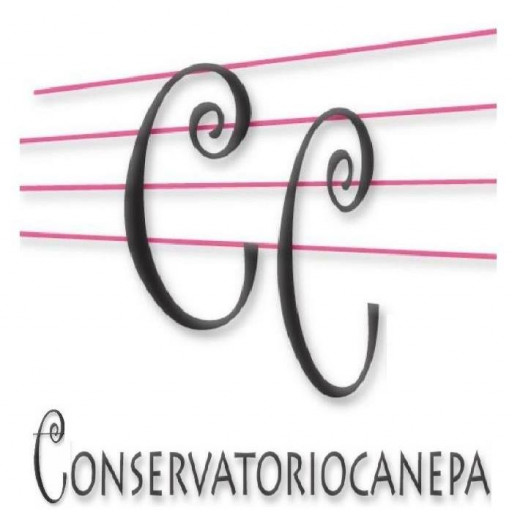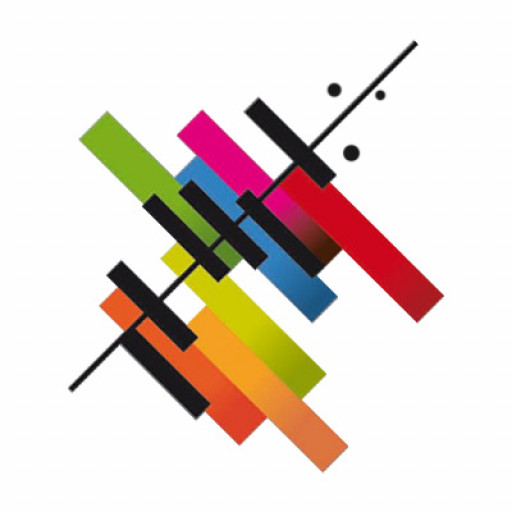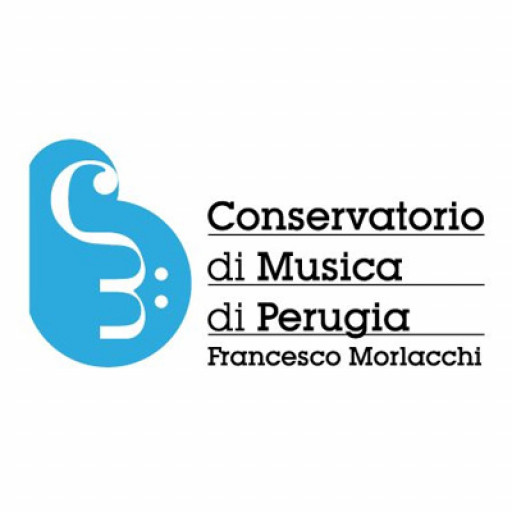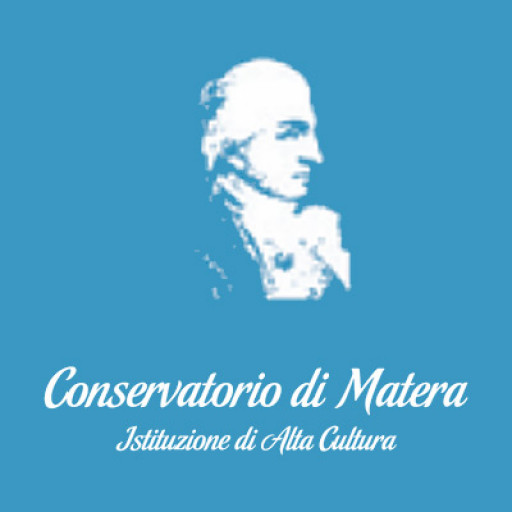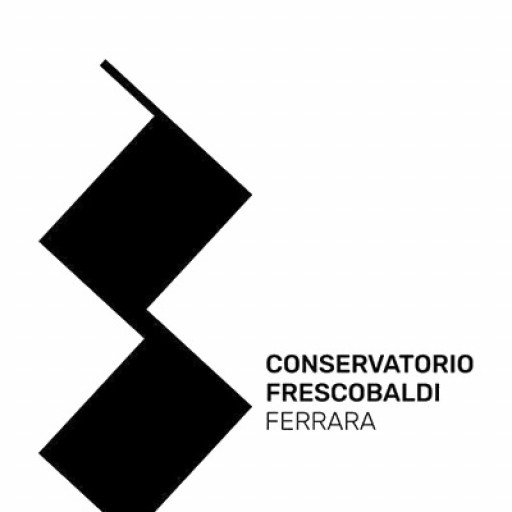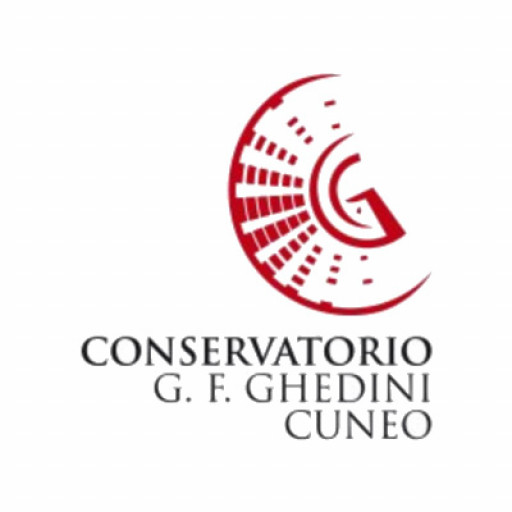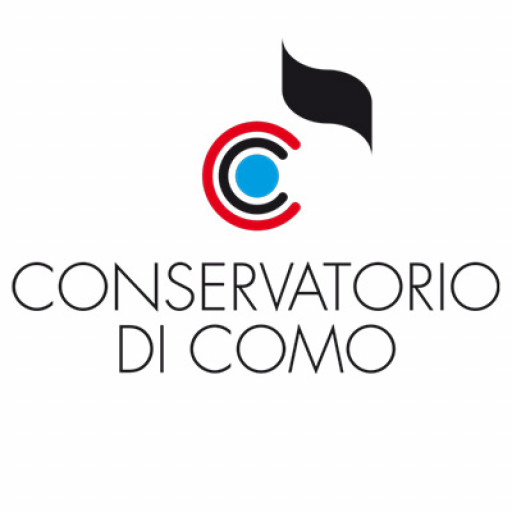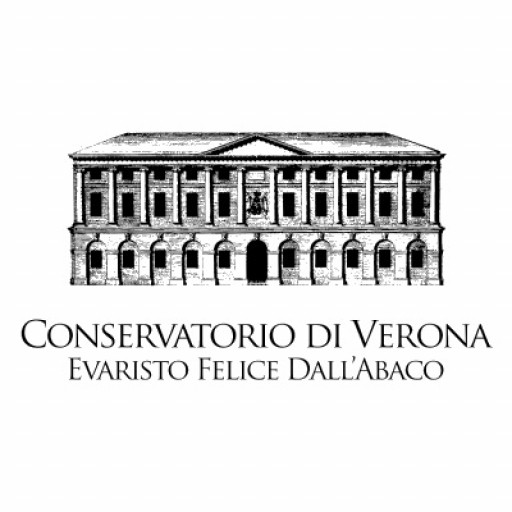Photos of university / #universityofgothenburg
The Degree Programme in Music, Organ with Related Keyboard Instruments at the University of Gothenburg offers students a comprehensive education in the art and technique of organ playing, combined with a broad understanding of keyboard instruments related to the organ. This programme is designed for aspiring professional musicians who wish to develop their skills in performance, interpretation, and musical understanding within the rich tradition of keyboard music. The curriculum emphasizes both practical training and theoretical knowledge, fostering a deep appreciation of historical contexts and contemporary developments in organ music and related disciplines. Students will engage in intensive individual and ensemble lessons, masterclasses, and projects that promote musical growth and creativity. The programme also provides opportunities for students to participate in concerts, competitions, and international collaborations, enhancing their performance experience and professional network. Emphasis is placed on developing technical proficiency, expressive playing, and pedagogical competencies, preparing graduates for careers as performers, educators, or researchers in the field of organ and keyboard music. The programme’s faculty comprises experienced musicians and researchers committed to mentoring students and facilitating their artistic and academic development. With access to state-of-the-art facilities and a vibrant musical environment, students will have the chance to explore a wide repertoire spanning various musical eras and styles. The Degree Programme in Music, Organ with Related Keyboard Instruments aims to cultivate versatile and skilled musicians who can contribute to the cultural landscape through performance, education, and research. Graduates of this programme will be well-equipped to pursue further studies, perform professionally, and engage actively in the musical community both nationally and internationally.
The Music, Organ with Related Keyboard Instruments program at the University of Gothenburg offers a comprehensive and in-depth exploration of keyboard and organ music, emphasizing both historical and contemporary perspectives. The program is designed to develop students' technical skills, musical understanding, and interpretative abilities necessary for a successful career as a performer, accompanist, or educator within the field of keyboard instruments. Students will engage with a wide repertoire spanning from early music to modern compositions, gaining practical experience through individual lessons, ensemble work, and performance opportunities. The curriculum includes thorough training in organ technique, keyboard harmony, improvisation, and conducting, alongside music theory and history courses that provide contextual knowledge about the evolution of keyboard instruments and their repertoire. Special emphasis is placed on the historical development of the organ and related keyboard instruments, with opportunities to study and perform on a variety of instruments, including pipe organs, harpsichords, and modern digital keyboards. Students will also learn about the maintenance, restoration, and different acoustical principles relevant to historical and modern instruments. The program encourages students to develop their unique artistic voice through solo and collaborative projects, masterclasses with renowned artists, and participation in concerts and festivals. A key component is the exploration of contemporary applications and innovations in keyboard music, ensuring students are well-prepared for diverse professional pathways. Graduates will possess both the technical mastery and artistic insight required to excel in performance, education, and scholarly work within the vibrant field of keyboard music. The program fosters a dynamic learning environment supported by experienced faculty members who are active performers and researchers, committed to nurturing each student's musical and personal growth.
Program Requirements: The Bachelor of Arts in Music, Organ with Related Keyboard Instruments at the University of Gothenburg requires applicants to have completed secondary education equivalent to Swedish upper secondary school. Proficiency in English is necessary, typically demonstrated through standardized tests such as IELTS or TOEFL. Applicants should demonstrate a strong musical background, including proficiency in organ and related keyboard instruments, as well as foundational music theory and history knowledge. The program emphasizes both practical performance skills and academic understanding of musical concepts, so applicants may need to submit a portfolio or audition recordings showcasing their keyboard and organ playing abilities. Prior experience in improvisation and accompaniment is advantageous. Additionally, applicants should possess good auditory perception and the ability to read musical notation fluently. Admissions decisions are based on a combination of academic transcripts, audition performance, and motivation letter explaining the applicant's interest and goals. The program aims to develop advanced performance skills, music analytical skills, and pedagogical expertise, preparing students for careers as professional organists, keyboard players, and music educators. Students are also encouraged to participate in ensemble work and collaborative projects to broaden their musical experience. The curriculum includes courses in organ repertoire, liturgical music, music technology, and music theory. Students are expected to demonstrate discipline, creativity, and a genuine passion for the field of organ and keyboard music throughout their studies.
Financing studies at the University of Gothenburg for the Music, Organ with Related Keyboard Instruments program primarily depends on the student's nationality, residency status, and chosen funding sources. For international students coming from outside the European Union (EU) and European Economic Area (EEA), there are limited scholarship opportunities and tuition fees apply. These students are required to pay tuition fees for each academic year, which vary depending on the program but generally range between SEK 90,000 to SEK 150,000 for the entire program duration. The University of Gothenburg offers several scholarship programs aimed at non-EU/EEA students, such as the Gothenburg University International Scholarship, which partially or fully covers tuition fees. Applicants are advised to check the eligibility criteria and application requirements well before the admission deadline to maximize their chances of securing financial aid.
For Swedish and EU/EEA students, higher education is subsidized by the Swedish government, meaning they typically pay only a small semester fee covering administrative costs, which is around SEK 900 to SEK 1,000 per semester. These students generally do not need to seek external funding for tuition, but they may explore state or municipal student loans and grants offered through the Swedish National Student Finance Scheme (CSN). CSN provides low-interest loans and grants to support students financially during their studies, which can cover living expenses, books, and other study-related costs. To qualify, students must meet specific residency and academic progression criteria.
Additionally, students may supplement their financing through part-time employment, both on and off-campus, subject to applicable Swedish work permit regulations for non-EU/EEA students. The University of Gothenburg also offers various external scholarships, grants, and funding opportunities through partnerships with cultural and musical organizations. These opportunities often require separate applications and are usually awarded based on merit, financial need, or both. It is recommended that prospective students consult the University's official financial aid webpage and contact the admissions office for detailed and personalized guidance.
Students are also encouraged to explore government-funded grants or private sponsorships, particularly those aimed at supporting arts and culture education. Some students may also consider crowdfunding or sponsorship from cultural institutions interested in preserving and promoting classical and organ music traditions. In summary, the financing of studies at the University of Gothenburg depends on individual circumstances, and potential students are urged to plan their finances early, explore all available funding options, and adhere to the application deadlines to ensure a smooth educational journey.
The Music, Organ with Related Keyboard Instruments program at the University of Gothenburg offers a comprehensive education designed for students aspiring to develop advanced skills in organ playing and related keyboard instruments. The program emphasizes both theoretical understanding and practical proficiency, enabling students to perform, interpret, and analyze a broad repertoire ranging from Baroque to contemporary music. Students have access to state-of-the-art facilities, including well-equipped practice rooms and performance spaces, providing an ideal environment for honing their craft.
The curriculum includes advanced coursework in organ technique, improvisation, historical performance practice, and music theory. Additionally, students engage in ensemble work, chamber music, and solo performances, which foster collaborative skills and professional presentation. The program also covers organ maintenance and registration techniques, preparing students for diverse professional roles. As the program is integrated within the university's broader music department, students benefit from expert instruction by renowned faculty members with extensive performance and academic backgrounds.
Throughout their studies, students have opportunities to participate in concerts, masterclasses, and international exchanges, broadening their musical horizons. There is an emphasis on developing a nuanced interpretative approach, analytical listening, and cultural contextualization of the organ repertoire. The program aims to prepare graduates for careers as concert performers, church musicians, educators, or scholars in the field of organ and keyboard music. Graduates often build networks through various performance opportunities and collaborations facilitated by the university, helping them establish themselves in the global music community. Overall, the program combines rigorous academic coursework with practical experience, fostering well-rounded musicians who are ready to fulfill diverse roles in the music profession.

